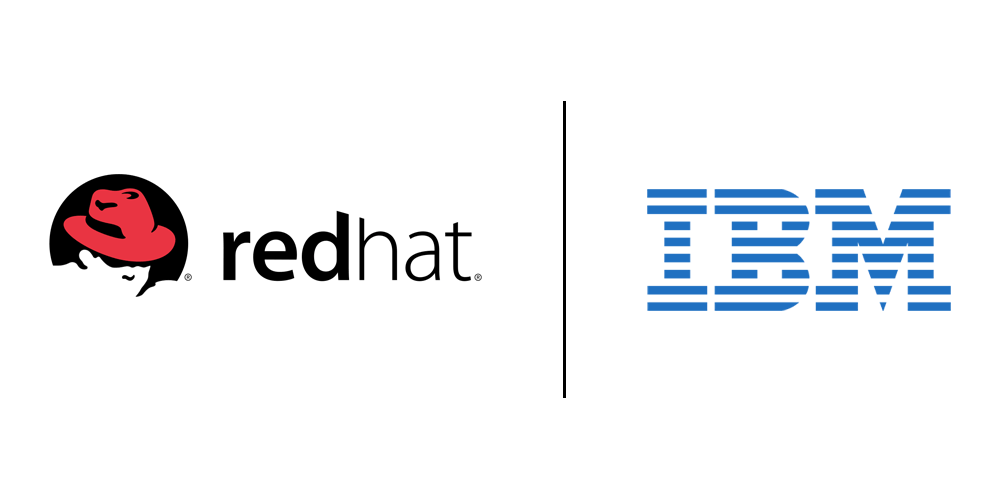
After spending years into developing AI and blockchain technology, IBM never forgets what it traditionally excelled - enterprise services.
The New York-based multinational information technology company announced its plan to acquire the iconic Linux company Red Hat, in a whopping $34 billion all-cash deal. IBM plans to use this acquisition to power its Hybrid Cloud division.
According to a joint statement by both companies, IBM will pay $190 for each share of Red Hat.
The companies called the deal, the "most significant tech acquisition of 2018." The deal is expected to close in the second half of 2019.
"The acquisition of Red Hat is a game-changer. It changes everything about the cloud market," said IBM CEO Ginni Rometty in a statement.
Red Hat may not be the most popular tech name. But undeniably, the company that was founded in 1993, plays a huge role in the Linux ecosystem as well as in the cloud computing business. Most notably, Red Hat is known for its platform-as-a-service (PaaS) provider OpenShift, which directly competes with the Salesforce-owned Heroku and Google App Engine.
It owns and develops Red Hat Enterprise Linux (RHEL), which is employed across several commercial settings, including workstations, servers, and supercomputers. And also associated with Red Hat Virtualization (RHV), an enterprise virtualization product, and the portfolio of enterprise-class application and integration middleware software products called JBoss.
Red Hat that creates, maintains, and contributes to many free software projects, also provides storage, operating system platforms, applications, management products, and support, training, and consulting services.
As of 2016, Red Hat is the second largest corporate contributor to the Linux kernel version 4.14 after Intel.
With the acquisition, IBM is getting its hands on all of these.

From the press release:
What this means, IBM plans to not change anything in how Red Hat works.
IBM has been historically loyal to Linux and its Linux-related projects. For example, the company started supporting the free operating system since 1999. This was the time when Microsoft Windows reigned the PC industry across both desktop and server, and Linux was still lagging far behind it.
The two companies share the same beliefs.
But with IBM buying Red Hat, the company will start providing Red Hat's technologies to its biggest competitors, including Amazon, Google and Microsoft. And also with this, IBM remains dedicated to its roots as a company professionally known for its enterprise solutions.
